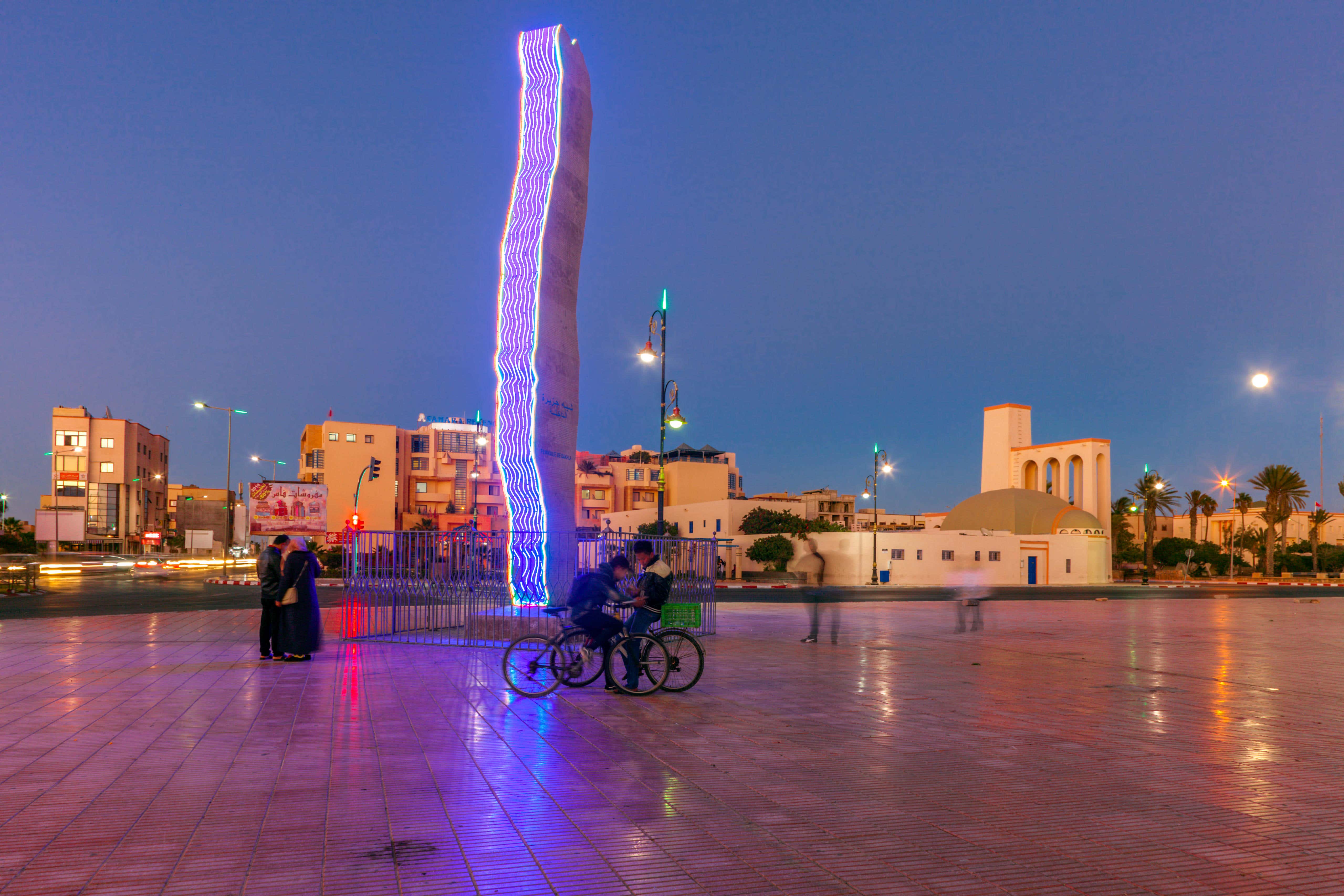UK-Morocco trade deal did not get consent of Western Sahara people, court told
The Western Sahara Campaign UK has brought legal action against the Department for International Trade and the Treasury,

A post-Brexit UK-Morocco trade agreement is being challenged in the High Court by campaigners who argue it was concluded without obtaining the consent of people from the disputed Western Sahara territory.
The Western Sahara Campaign UK (WSCUK), which supports self-determination for the Saharawi people of the north-west African territory, has brought legal action against the Department for International Trade and the Treasury over the UK-Morocco Association Agreement (UKMAA).
The group alleges Morocco is unlawfully occupying Western Sahara, and that controlling and trading in the territory’s resources without consent “lacks any legal basis and is akin to expropriation”.
The UKMAA, concluded in October 2019, mirrors and succeeded an European Union (EU) agreement with Morocco when it ceased to apply to the UK after Brexit.
Brought into effect via secondary legislation, it provides a “preferential rate of import duty to goods originating in Western Sahara subject to controls by customs authorities of Morocco”, the High Court was told.
There is no basis under international law by which Morocco can control, and trade in, Western Sahara resources
WSCUK lawyers have previously claimed that extending the agreement to goods and resources from Western Sahara – “a non-self governing territory over which Morocco claims sovereignty” – would put the UK Government in breach of its obligations under international law.
The Government, which is opposing the WSCUK challenge at an expected three-day hearing in London, says the group’s arguments are “without merit” and should be dismissed.
Victoria Wakefield KC, representing WSCUK, told a hearing on Wednesday that “there was a need to obtain the consent of the people of Western Sahara”, adding: “I say that consent was not obtained.”
In written submissions, she said the UK Government was “misinterpreting and misapplying” regulations and “fell into error” when making them.
She said that “the proper interpretation of the UKMAA is that it applies only to goods lawfully in the control of Morocco” and that it “does not apply to goods originating from Western Sahara, until consent is obtained”.
“Non-self governing territories have rights, under both the UN Charter and customary international law, to determine for themselves how their resources are used and traded with third countries,” Ms Wakefield said, adding that the UKMAA “precludes Western Sahara from establishing its own, different, trading arrangements in respect of those products with the UK”.
She claimed that the UK “did not seek to obtain consent in respect of the UKMAA”, with the Government referring to a previous “manifestly inadequate” EU Commission consultation exercise.
“None of the huge number of Saharawi refugee population, which fled to refugee camps in Algeria and elsewhere following Morocco’s invasion were consulted,” Ms Wakefield said, adding that the commission “asked the wrong people the wrong questions”.
She said that EU courts had “repeatedly” held that the application of the EU-Morocco Association Agreement (EUMAA) to goods originating from Western Sahara is “unlawful”.
Ms Wakefield added that the International Court of Justice (ICJ) had established that Morocco “has no right to sovereignty over Western Sahara and that the latter has the right to self-determination”.
“There is no basis under international law by which Morocco can control, and trade in, Western Sahara resources,” Ms Wakefield said.
“Doing so without consent, lacks any legal basis and is akin to expropriation.”
Sir James Eadie KC, representing the UK Government, said in written submissions that its decision to conclude a treaty in the terms of the UKMAA “cannot be challenged, directly or indirectly”.
“This is because decisions to enter into treaties are the exclusive prerogative of the Government,” he said, adding that the decisions in relation to the UKMAA had already been scrutinised through parliamentary procedures.
Sir James argued there was “no proper domestic law footing” for WSCUK’s international law arguments and that the group had not established the condition of “consent” was applicable in relation to the trade deal.
He said it was “tenable” for the UK to rely on and be “satisfied” with the EU Commission’s conclusion that “having consulted elected officials and representatives of civil society in Western Sahara, ‘a large majority is in favour’ of extending tariff preferences to products originating in Western Sahara”.
The barrister also said that “a decision of the Government to enter into a treaty is not reviewable by the courts” and was “non-justiciable”.
The hearing at the Royal Courts of Justice before Mrs Justice Cockerill continues, with a ruling expected at a later date.
Bookmark popover
Removed from bookmarks